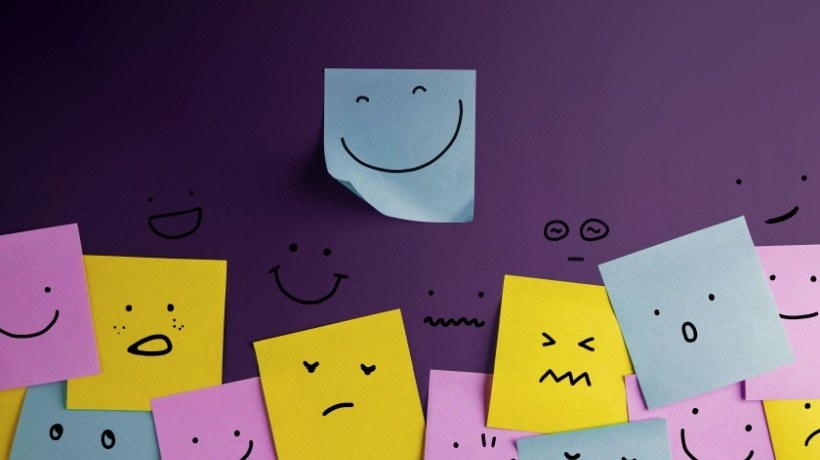eLearning For Mental Health: Can Online Learning Promote Positive Mental Health?
The eLearning industry has been rapidly expanding over the past several years to meet growing demand for self-paced online study. Colleges like MIT have put their courses online for free for anyone to study, and if you’re interested in learning how to code, sites like Codecademy provide all the courses you could possibly need without having to worry about steep tuition payments or rigid class schedules. Can using eLearning for mental health be effective, or are there still too many variables to consider before we can call these programs truly beneficial?
While eLearning programs are definitely an option to help promote healthy self-care and positive self-talk, it’s not a replacement for the care of a medical professional. If you feel like you’re having trouble with your mental state or, in extreme cases, that you may be a danger to yourself or others, please seek out the help of a medical professional.
More Than Meets the Eye
Mental illness affects people from all walks of life and it doesn’t discriminate. According to the Anxiety and Depression Association of America, as many as 14.8 million adults are affected by Major Depressive Disorder, and this number doesn’t even include the millions of Americans who suffer from bipolar disorder, borderline personality disorder, general anxiety disorder, or any of the dozens of different mental illnesses that affect our population.
As many as 1 in 5 adults will be diagnosed with some form of mental illness in their lifetime.
Cognitive Behavioral Therapy
One of the biggest tools, both from a professional standpoint and from a self-help one, in treating depression and other mental illnesses is known as Cognitive Behavioral Therapy, or CBT.
CBT is a psychotherapy technique that’s designed to help people change the way that they think. It’s been used for everything from depression and anxiety to alcohol abuse, and it works by helping people take their negative thoughts and attitudes (i.e. the things that can exacerbate the problems already presented by mental illness) and turn them into positive ones.
While negative thoughts can be important, when they start interfering with a patient’s ability to function in their daily life, they need to be addressed.
Once a CBT treatment plan has been established with a mental health professional, there is a number of eLearning-based tools that patients can use to help augment their therapy, including smartphone apps and websites. The iPhone app Pacifica is just one example. CBT through online learning has also been suggested for use helping psychosis patients.
For mental health professionals, too, eLearning resources related to CBT are also on the rise. Many institutions offer eLearning options for CBT training, giving health practitioners the opportunity to sharpen their skills at their own pace.
The Benefits Of Using eLearning For Mental Health
What impact can an eLearning environment have on a person’s mental health?
eLearning can provide support and self-help techniques for individuals suffering from mental illness, through websites and applications that can teach positive behaviors or reinforce techniques that may have been taught previously by a mental health professional.
Smartphone apps are becoming vital tools for mental health treatment. Not only do they provide a great number of tools for both the patient and the mental health professional, but they also actively prompt you to interact with the apps on a daily basis to log your mood, go through a meditation session or any number of other things that can help with mental health treatments.
eLearning techniques can also be used, on a smaller scale, to assist with the treatment of individuals who live in areas where mental health services are scarce or entirely unavailable. Patients who live in rural areas may find it hard to connect with a mental health professional if they have to drive for multiple hours just to keep a single appointment. The recent trend toward telepsychology allows psychologists and therapists to use the power of the internet to get in touch with patients who would otherwise be out of their reach.
They can also be a fantastic tool for individuals who suffer from severe agoraphobia or social anxiety and who may have trouble getting out of the house for a therapy appointment.
Everything In Moderation
As with everything, it’s important to consider eLearning for mental health as an addition to professional treatment and to use them in moderation. While eLearning tools are a fantastic way to assist individuals who suffer from mental illnesses, there’s always the risk that they will be used as a replacement for traditional therapy.
As we’ve stated above, while they make a great addition to traditional therapy and psychology techniques, they are no replacement for professional treatment. Overall, though, eLearning tools can have a great positive impact on mental health, and we will likely see more of them incorporated into more traditional treatment methods in the future.









